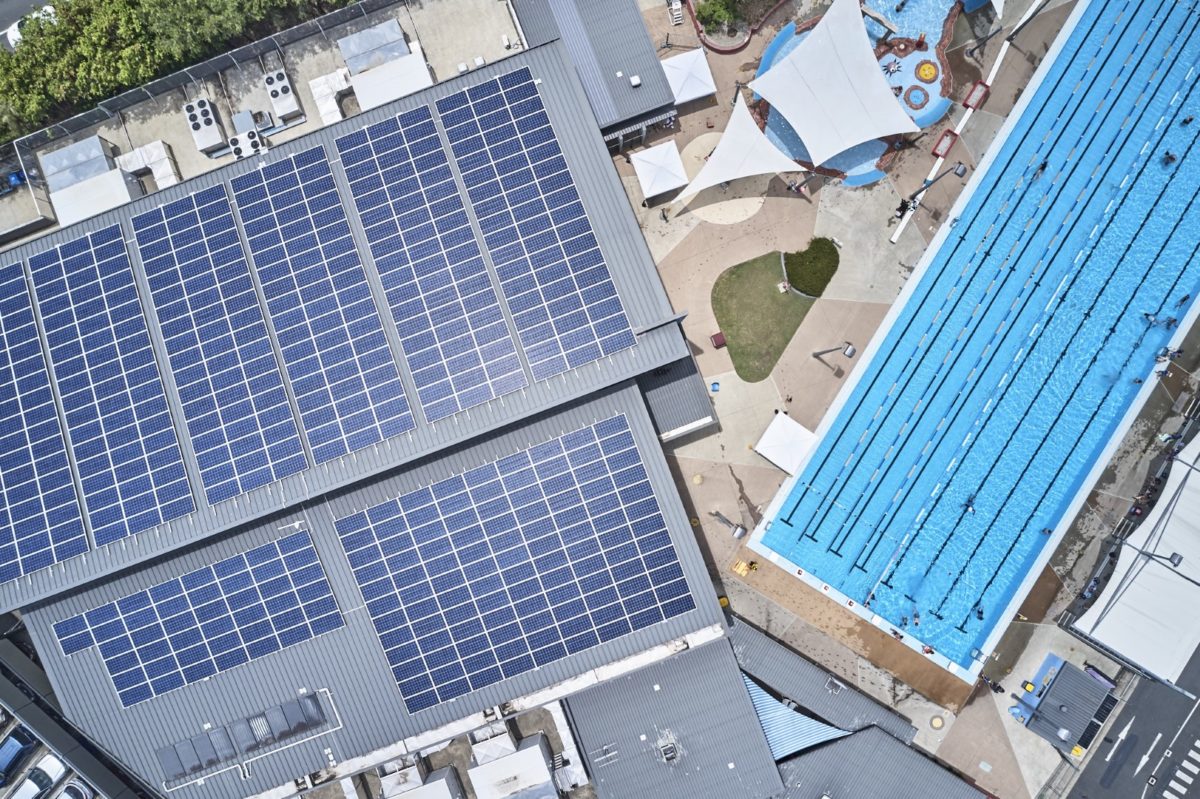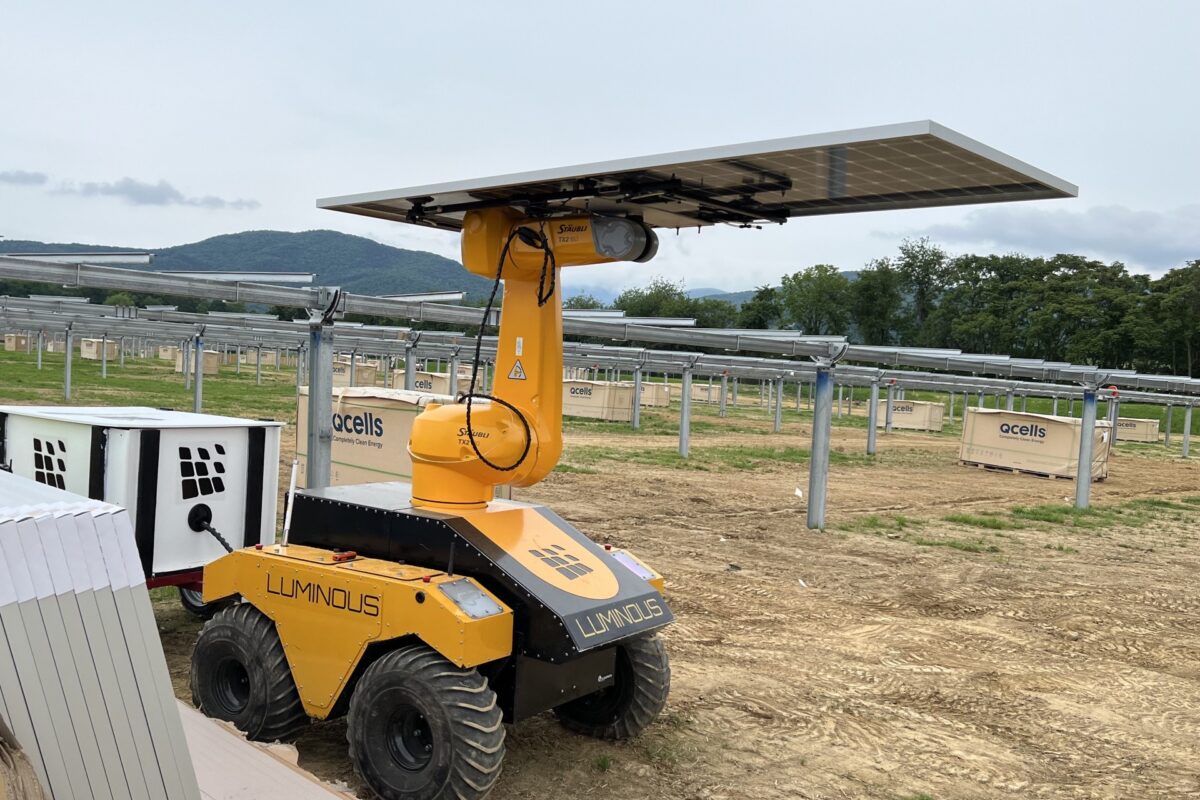A survey of 1,088 regional Queenslanders has found 41.8% of those polled would like the federal government to spent more on renewable energy, with another 21.4% were satisfied with the current level of spending. Just below a third (29.4%) want the clean energy transition to happen in the next decade, with 45.5% supporting the transition to renewables-dominated grid in the next 15 years.
Queensland is a major coal exporter and its regions are historically conservative bases which, until quite recently, were strongholds for right-wing politicians like Pauline Hanson and Clive Palmer. Given this, the findings of the survey, which was commissioned by Queensland-based community group Solar Citizens and conducted by uComms on July, 14 2021, are particularly interesting.
The survey of eligible voters excluded those in the greater Brisbane area and Gold Coast, metropolitan hubs which tend to be more progressive. It’s also worth noting that while the state tends conservative federally, it has elected Labor governments at the state level for the majority of the last three decades (though Labor hardly has a history which could see it lauded as a renewable energy cheerleader). Nonetheless, the Palaszczuk government has placed investment in clean energy at the front and centre of its Covid recovery plan, establishing a $2 billion renewable and hydrogen fund to ‘supercharge’ jobs.
It would seem such a plan even has majority support in the regions, with 51.6% of respondents either agreeing or strongly agreeing clean energy industries like renewable hydrogen production will be major employers by 2030.
Queensland Minister for Energy, Renewables and Hydrogen, Mick De Brenni, just yesterday revealed some of the details of his 10-year energy plan for the state which Premier Annastacia Palaszczuk commissioned him to deliver earlier this month. This too would seem to have majority support in the regions alone, with 52.1% of respondents saying the state government should develop a plan to move all Queensland’s electricity to come from clean sources like wind and solar.
While, as minister de Brenni said yesterday, Queensland does seem to be displaying a surge in interest and goodwill towards renewables, Solar Citizen’s Energy Strategist Stephanie Gray expressed concern that young regional Queenslanders seem reluctant to embrace new technologies.
While Solar Citizens did not reveal any of the survey’s key findings for this particular demographic, Gray indicated that young people – a demographic which tends to widely support renewables – were less enthusiastic in the state’s region.
“What’s interesting about the results is that, while there’s absolutely an appetite for more clean energy amongst regional Queenslanders, it’s younger people that were the most reluctant to transition our power supply,” she said.
“I think this demonstrates that governments are not doing enough to show young people what the jobs of the future look like – there are actually really exciting economic opportunities that regional Queensland can benefit from as the world transitions to cleaner energy and electric transport,” Gray added.
This content is protected by copyright and may not be reused. If you want to cooperate with us and would like to reuse some of our content, please contact: editors@pv-magazine.com.









4 comments
By submitting this form you agree to pv magazine using your data for the purposes of publishing your comment.
Your personal data will only be disclosed or otherwise transmitted to third parties for the purposes of spam filtering or if this is necessary for technical maintenance of the website. Any other transfer to third parties will not take place unless this is justified on the basis of applicable data protection regulations or if pv magazine is legally obliged to do so.
You may revoke this consent at any time with effect for the future, in which case your personal data will be deleted immediately. Otherwise, your data will be deleted if pv magazine has processed your request or the purpose of data storage is fulfilled.
Further information on data privacy can be found in our Data Protection Policy.